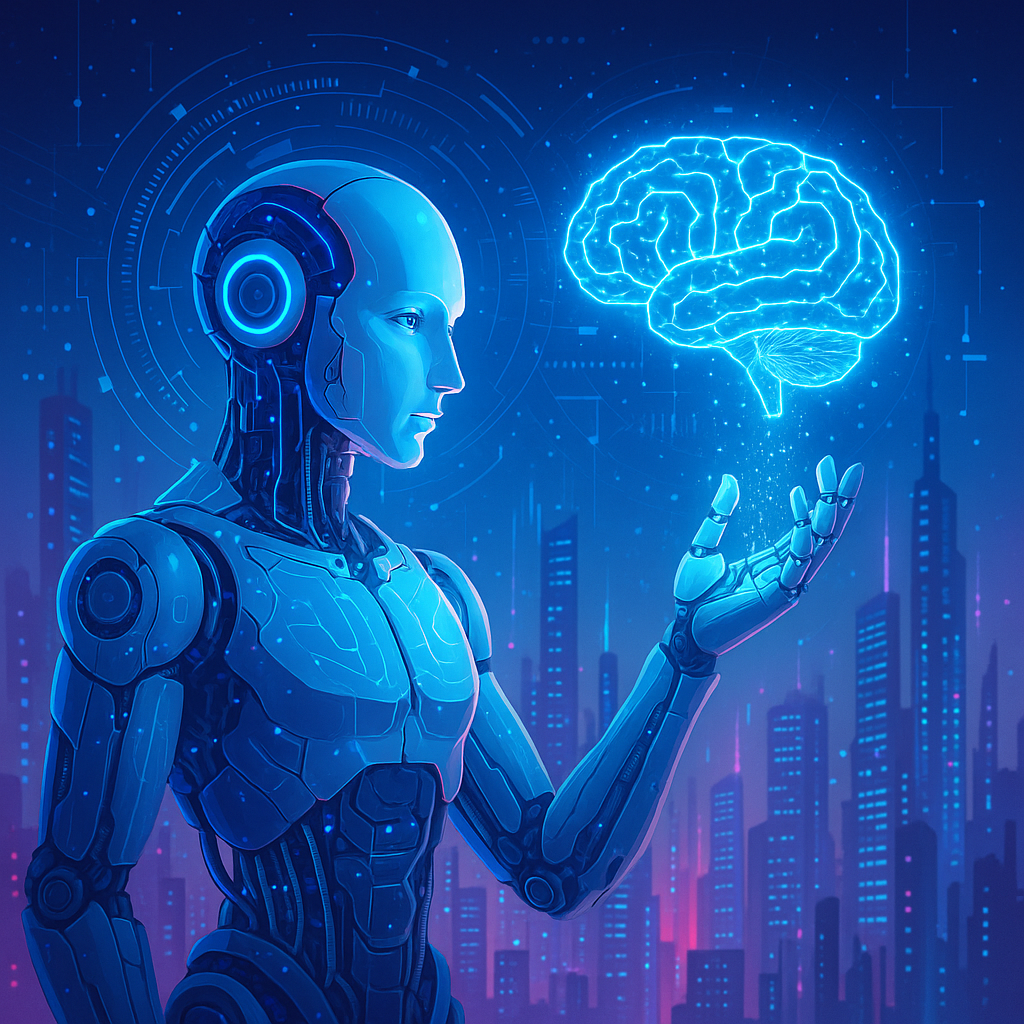I’ve lately become fascinated by large language models. I’m not sure many people realize the logarithmic increase in ability that is taking place with these models, as well as artificial intelligence as a whole. Having a conversation with ChatGPT is utilizing processes that are nothing like the functioning of the human brain, and yet I can barely tell I’m not speaking to a human. What’s even more amazing is that this technology exist without humans yet understanding consciousness and the processes that give rise to consciousness. Large language models are approximating thought through predictive text. It’s brilliant. It’s also the most cumbersome way of having a conversation, but it doesn’t really matter. Computers are lightning fast. The amount of computations they can run in parallel is expanding exponentially. I’ve come to believe that the human mind uses consciousness as a sort of shortcut. Whatever mechanisms our brain uses are vastly more efficient than a large language model, but they are also wildly slow in comparison. It doesn’t matter if predictive text makes billions of more calculations than the human mind to arrive at an answer. It can make those billions of calculations before the human mind makes a handful of them. This is the benefit of AI, and how it’s going to take over the world.
Will AI ever become Aware?
I don’t like to assume, but I strongly doubt the current programming of large language models could ever become self aware. They will definitely get to the point where we can’t distinguish them from a real person, but consciousness is subjective. Without organic neurons, synapses, and mechanisms we can’t even begin to understand, nothing we create with code will ever be conscious. It will only be able to appear consciously aware. Even with the advent of AI, we should never forget how wildly more advanced humans are than AI. AI is just programming. Put it in a robot and the robot will become your best friend. Indistinguishable from a human. But that robot will never be able to pick a fruit off of a tree, eat it, and use it for energy. It will never be able to replicate itself by combining two cells and have those cells grow into a new robot. Humans are still vastly more complex than anything we can build.
There is also the theory that consciousness is not creating in the brain, but instead, the brain tunes into consciousness. A sort of antenna for consciousness. If this is the case, and consciousness comes from somewhere else, it may eventually be possible for robots to tune into this field as well, but again, the field would be setup for organic life, and not computer code.
For these reasons, I don’t see AI ever becoming self-aware. But if it can replicate human intelligence, and be indistinguishable from an actually human, would it really matter? Are we really sure anyone else is actually consciously aware? We take it at face value that they are. Are the people you interact with in a dream consciously aware? There’s no vantage point as seen from their point of view during a dream. It’s just conjured up from your mind, and yet you still interact with them. Even in a lucid dream I interact with them and fight the idea that they’re not really a person. Maybe I would do the same with an AI robot.
I’m sure I’ll expand on this idea in the future. It’s more just rambling than anything else at the moment.
